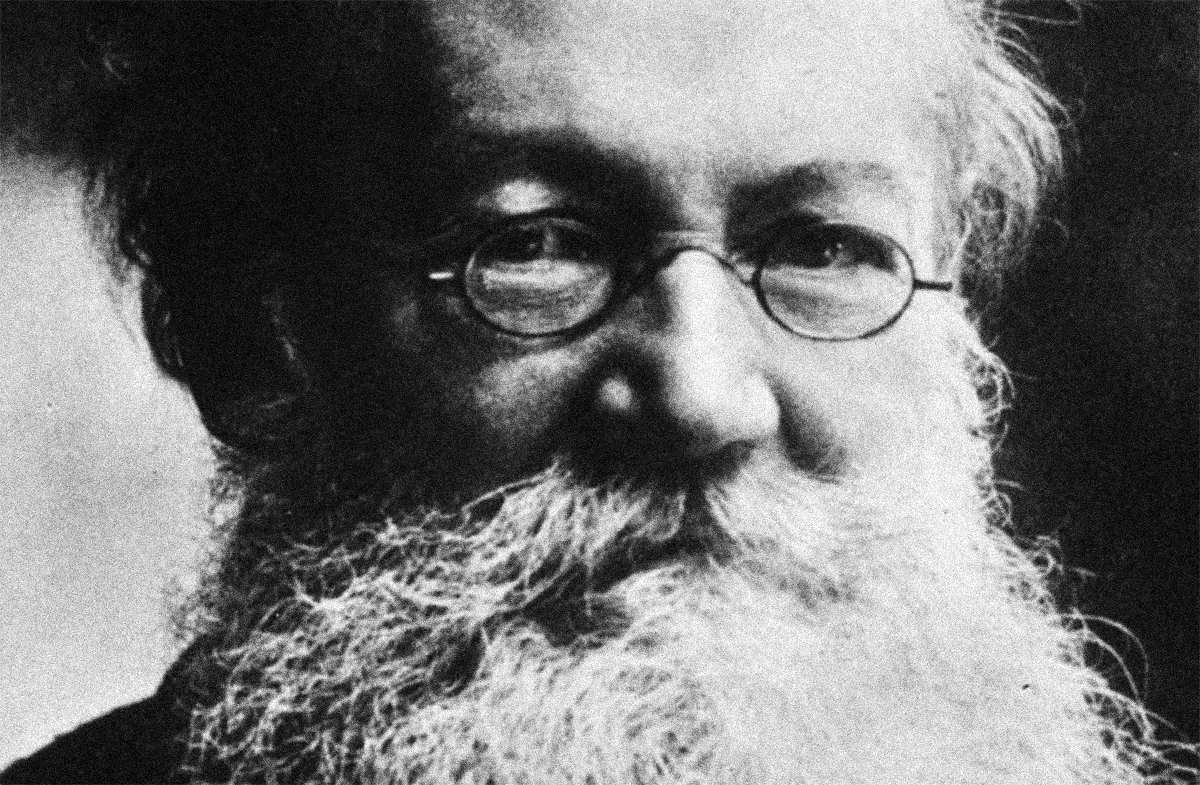After Fidel
Fidel Castro has retired after forty-nine years as President and Commander-in-Chief of the larger-than-life revolutionary island of Cuba. After almost two years as acting President, Raul Castro was elected his successor and is now the custodian of the world’s most famous revolution.
Fidel Castro is a hard act to follow. He came of age at a time in history when the world was full of giants and today, he stands as one of the last of the true greats. His almost supernatural ability as a thinker, tactician and revolutionary has assured him a place in history alongside those of the greatest military and political tacticians of all time, and it is this legacy that must fill any successor with dread at the mere thought of having to walk in the shadow or footsteps of such a titan.
Last year, I posed the question of who may be a likely successor to Fidel to two of Cuba’s leading luminaries, Dr. Ricardo Alarcon, President of the National Assembly, and Dr. Fernando Heredia, founder of the Cuban Communist Party. Both were dismissive of the implication that the Revolution could not survive without Fidel and suggested that the people’s confidence was in the elected body of the National Assembly and not the individual. Perhaps it is the confidence in this knowledge that made the Assembly boldly elect Raul as President, for, at 76 years of age, he too may encounter issues with his health half-way through his term of office and may need to prematurely step aside.
Without doubt, the National Assembly is full of capable and aspiring Fidelistas ready and prepared to keep the revolution on course. There are many foreground players who are all forerunners for a future presidency; there is Felipe Perez Roque, the young Foreign Minister,
Carlos Lage, the economist, the verbacious Ricardo Alarcon and many more aspirants. In my mind, these are just a few of the names we should keep a look-out for.
Besides the gossip of who has the top job or who may one day get it, one thing is certain; young people want change. The ubiquitous talk of travel and improved salaries saturate the bars and baseball fields throughout the Island. This is not to say that people want to see an end to the Revolution. Most people I have met in Cuba, both young and old, remain loyal and committed to the ideals of the Revolution; they merely want to see improvements to their lives. As one youth once aptly informed me, “In Cuba, we have the best health system in the world, but I am young and never sick. In Cuba, we have the best education in the world, but I am now educated, what next?” Answering these questions alongside the desire for travel, improved transportation, and higher salaries will be the next challenge for the Revolution and whomsoever’s face is on it.














